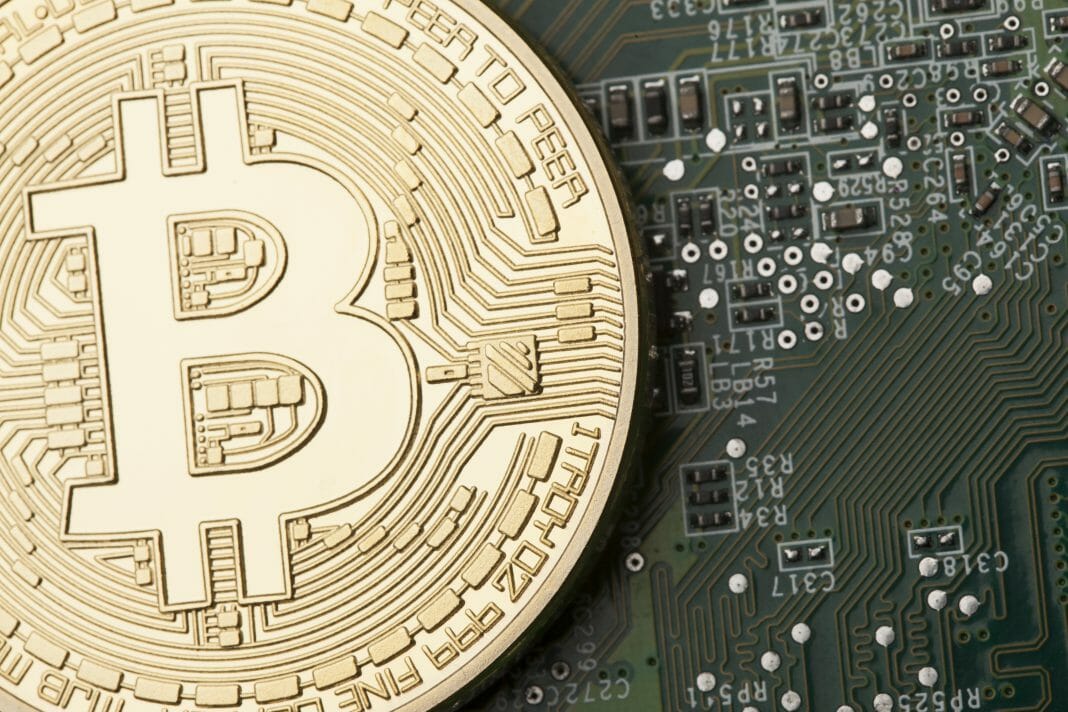Messari explains that block mining speed does not equal that of securing transactions. While it takes other networks hours to secure transactions, it only takes Bitcoin 10 minutes.
Among cryptocurrencies using a Proof of Work (PoW) algorithm for mining, Bitcoin is the fastest in securing transactions. A study conducted by Messari Crypto, published on July 25th, explains this.
The publication compares Bitcoin data to guarantee a transaction with Ethereum, Litecoin, Zcash or Dash figures, among others.
Most of the networks compared in the study have lower time averages for each block added to their respective chains. However, they fixed expense on security, so that a transaction can be considered secure and irreversible takes Bitcoin much longer.
The firm alleges that being placed in a block does not mean that a transaction is definitive, since it can be reversed. With the security spending methodology, Messari concludes that Bitcoin has the fastest settlement time as compared to the main tokens using PoW.
As a comparative scale, Messari used the time that it takes each blockchain to reach a value equivalent to a mined Bitcoin block, which is about 10 minutes. In Ethereum, second on the list, those 10 minutes are equivalent to 73 minutes, which represent 7 times longer than Bitcoin. The firm highlights that this occurs although mining each block does not even require 1 minute.
The third on the scale, Litecoin, requires 176 minutes to achieve that same value. In other words, what Bitcoin achieves in 10 it takes Litecoin almost 3 hours. The other blockchains included in the study exceed 6 hours.
Confirmation Equivalence
All those blockchains require less time than Bitcoin to mine each of their blocks. Of those mentioned by Messari, only Bitcoin Cash and Bitcoin SV, both resulting from Bitcoin forks, require the same 10 minutes.
However, the firm concludes that the latter offers miners much more rewards in the short term with Bitcoin than with any other cryptocurrency mined with PoW. Therefore, these transactions are secured more quickly.
When reviewing the equivalence between confirmations on the blockchains studied in the analysis, it can be observed that Ethereum is actually 7 times slower than Bitcoin. According to those results, Litecoin requires 16 times longer, while Bitcoin Cash and Zcash require 34 and 38 times longer than Bitcoin for their confirmations.
Cryptocurrency Price
The prices of each cryptocurrency influence the relationship between mining profits and the security of a particular blockchain. The miners’ rewards increase as a cryptocurrency gains market value. For example, the difference between Bitcoin Cash and Zcash in the Messari chart is only of 23 minutes in favor of the former.
While BCH remains stable, a significant increase in the ZEC price could cause Zcash to improve its time to secure transactions. However, these times are also influenced by the mempool state, the demand for confirmations, and the commissions that each participant is willing to pay.
Besides the increase in the Bitcoin price during the first months of 2019, the value in the rewards received by the miners of the network also increased. In May, with each BTC valued at around US$5,900, the rewards to miners grew 30% compared to April. According to Diar newsletter, at that time the rewards reached about US $291,000,000.
The PoW mining algorithm, used in the networks mentioned by Messari, selects the nodes in proportion to their processing or computing power, as opposed to the Proof of Stake (PoS). Ethereum plans to migrate to this mining algorithm in a future update of its network.
By Willmen Blanco











